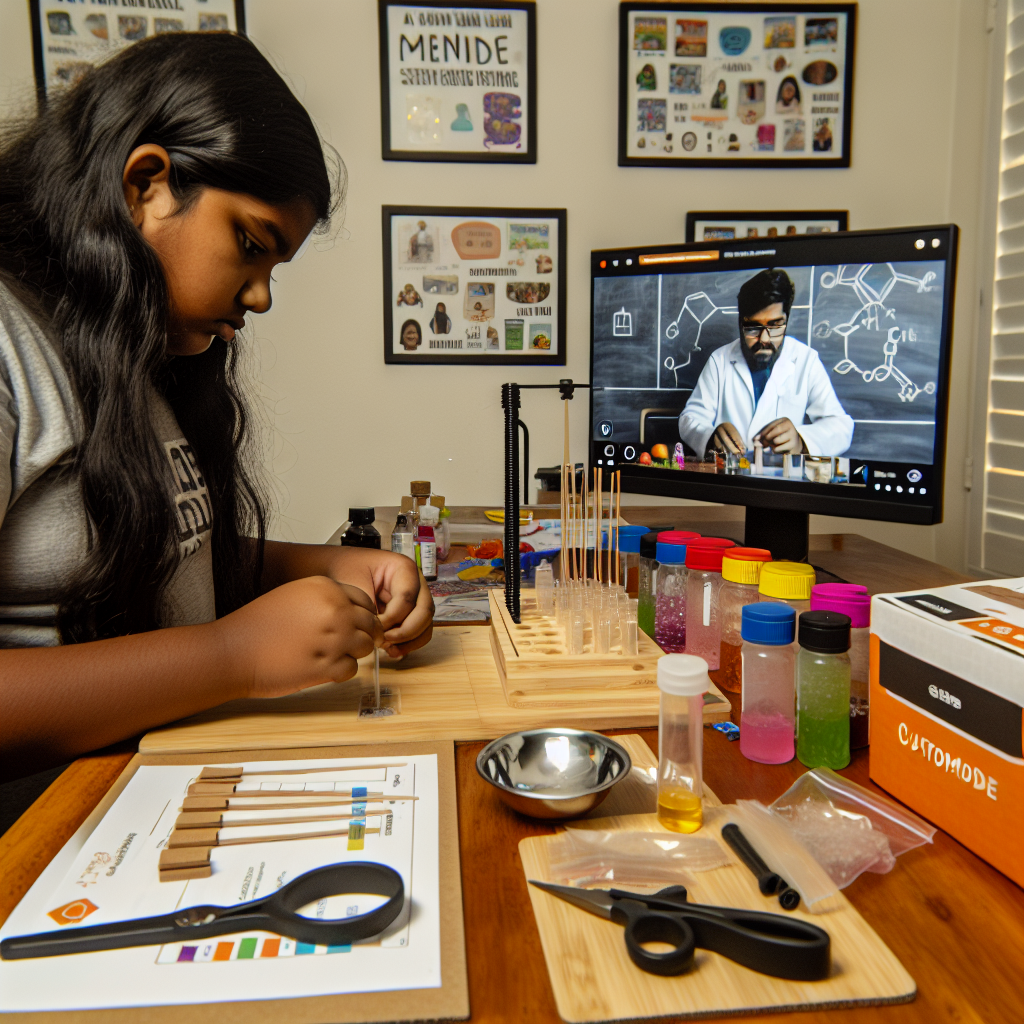“How can I discipline my toddler successfully while he or she is misbehaving?”
There are things you should remember if you’re a parent who finds it difficult to discipline your child. In general, you should maintain a schedule and ensure your youngster knows how well-defined the rules are. Saying “no” frequently when disciplining your child is one example. Additionally, it would be best to communicate to a child any changes to the routine.
Boosting Encouragement
The discipline of your toddler is a crucial aspect of parenting. It is best if you keep it in mind. Nevertheless, that discipline does not include placing limitations on your child. Instead, it should be a tool for educating and training your child. Discipline can be improved through the use of positive reinforcement. It teaches your youngster morality as well.
Try to offer precise, quantifiable rewards and penalties while correcting your youngster. For example, let your child pick the salad dressing if they help you make dinner. You can allow him to remain up later and play with his toys if they get along well with the other kids. Your youngster is likelier to repeat the behavior if you can make them envision a favorable reward.
Time-out
Consistency is the critical component of time-outs. Children will repeatedly fight you when you constantly urge them to stop doing something they are dissatisfied with to show you that you mean it. Keep your cool and be consistent rather than yelling or threatening your youngster. Children feel safe near predictable, routine-oriented adults.
Your youngster can be effectively disciplined with time-outs. It can be applied in several circumstances. First, you may advise your youngster to wait in the corner and say, “We’re not eating,” for instance, if they toss their fork at the dining table. After that, take your youngster to the time-out room, and set the timer. Keep a watchful eye on the clock; when it goes off, return to the table. You need to respond right away if your youngster starts acting out again. Thanks to your consistency, your child will learn to avoid the issue.
Shifting the Focus
One effective way to discipline a youngster is to redirect their focus. It aids in developing a positive parent-child relationship and helps you avoid the harmful effects of bad behavior. You must, however, exercise caution and judgment when speaking. The most significant factor is being honest and open with your child while still caring about their feelings. For instance, acknowledge your child’s anger about leaping on the couch or making art on the wall. Still, it would help if you reaffirmed that these behaviors are inappropriate in adult society.
When scolding a toddler, changing your focus can assist in your child’s behavior modification. Even younger children can benefit; your child will feel a sense of accomplishment for doing the correct thing. Additionally, it enables them to comprehend that polite behavior is valued. You may encourage your child to do more nice deeds by praising them when they accomplish them.
Ignoring Improper Conduct
There are instances when it’s an intelligent parenting move to ignore a child’s misbehavior. The conduct will be less likely to recur if the child learns that their behaviors won’t result in your response. However, there are also circumstances where disregarding a child’s conduct can result in more severe issues on the road.
Before anything else, it’s critical to distinguish between a child’s typical conduct and issue behavior. After that, establish clear penalties for bad behavior. These repercussions entail taking away something or denying the youngster a privilege. Making your youngster do something “positive” in response to their negative behavior is another excellent choice.
Citing an Example
By giving your toddler a cause for the behavior, you may reprimand them in one of the finest ways possible. Giving your child a reason to follow a rule deflects attention from you and increases the likelihood that they will do as you ask. A decent rationale will go a long way because a toddler frequently feels resentful when he does not justify his actions. Additionally, giving your child a cause can show him you are concerned about him.
Using a stop sign as a practical discipline for your toddler is another option. This sign reminds your child to halt when you deliver a warning. When kids are toddlers, they are most inclined to ignore regulations. Thus this is crucial.

Dominic E. is a passionate filmmaker navigating the exciting intersection of art and science. By day, he delves into the complexities of the human body as a full-time medical writer, meticulously translating intricate medical concepts into accessible and engaging narratives. By night, he explores the boundless realm of cinematic storytelling, crafting narratives that evoke emotion and challenge perspectives. Film Student and Full-time Medical Writer for ContentVendor.com




